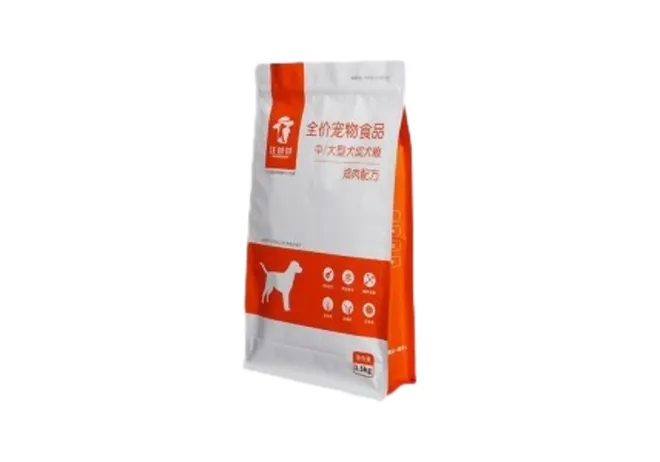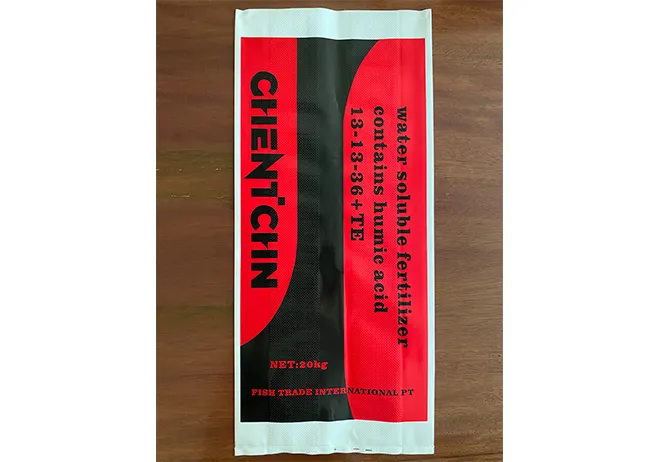- Overview of modern food packaging solutions and their industry significance
- Technical advancements driving pouch durability and safety
- Comparative analysis of leading manufacturers
- Customization options for diverse product requirements
- Real-world applications across food sectors
- Sustainability metrics and regulatory compliance
- Future trends in food packaging pouch innovation

(food packaging pouches)
Why Food Packaging Pouches Are Revolutionizing the Industry
The global food packaging pouches
market is projected to reach $15.2 billion by 2028, growing at a CAGR of 6.3% (Source: MarketsandMarkets, 2023). This surge is driven by the versatility of formats like retortable pouches, stand-up pouches, and plastic pouches, which combine lightweight convenience with advanced preservation capabilities. Unlike rigid containers, these pouches reduce material usage by up to 70% while maintaining barrier properties against oxygen, moisture, and contaminants.
Engineering Superiority in Material Science
Modern pouches utilize multi-layer laminates such as PET/Aluminum/PP or BOPP/CPP, achieving:
- Extended shelf life (12–24 months for retortable pouches)
- High-temperature resistance (up to 135°C during retorting)
- Reduced carbon footprint (35% lighter than glass jars)
Market Leaders: Performance Benchmarks
| Manufacturer |
Pouch Type |
Barrier Efficiency |
Price/1k Units |
Sustainability Score |
| Amcor |
Retortable |
99.5% O₂ Block |
$82 |
★★★★☆ |
| Constantia Flexibles |
Stand-Up |
98.7% |
$76 |
★★★★★ |
| Sonoco |
Plastic |
97.2% |
$68 |
★★★☆☆ |
Tailored Solutions for Brand Differentiation
Customization parameters include:
- Size adaptability: 50g to 5kg capacity
- Print technology: HD flexography or digital printing (Pantone ±0.5 accuracy)
- Closure systems: Zippers, spouts, or tear-notches
Success Stories Across Verticals
Pet Food Sector: A switch to stand-up pouches with matte finishes increased shelf visibility by 40% for a European brand. Snack Industry: A nitrogen-flushed retortable pouch reduced potato chip waste by 22% through improved crush resistance.
Eco-Conscious Manufacturing Frameworks
Leading producers now integrate 30–50% post-consumer recycled (PCR) materials without compromising seal integrity. Certifications like FDA 21 CFR and EU 10/2011 ensure compliance for direct food contact.
Innovations Shaping the Next Generation of Food Packaging Pouches
Active packaging technologies are embedding oxygen scavengers and moisture regulators directly into pouch liners, potentially extending meat product freshness by 15–20 days. With microwaveable stand-up pouches entering beta testing, the sector is poised to capture 18–22% of ready-meal packaging by 2025.

(food packaging pouches)
FAQS on food packaging pouches
Q: What are retortable pouches in food packaging?
A: Retortable pouches are heat-resistant, flexible containers designed to withstand high-temperature sterilization processes. They are ideal for preserving shelf-stable foods like ready-to-eat meals. These pouches typically combine layers of polyester, aluminum foil, and polypropylene for durability.
Q: Are plastic pouches safe for food packaging?
A: Yes, food-grade plastic pouches are FDA-approved and designed to prevent contamination, moisture, and air exposure. They often use materials like BPA-free polyethylene or polypropylene for safety. Proper sealing and storage further ensure food quality and longevity.
Q: What makes stand-up pouches popular in food packaging?
A: Stand-up pouches offer vertical stability for shelf visibility and consumer convenience. Their lightweight design reduces shipping costs compared to rigid packaging. Features like resealable zippers and custom printing enhance functionality and brand appeal.
Q: Can retortable pouches replace canned food packaging?
A: Yes, retortable pouches are increasingly replacing metal cans due to faster heating times and reduced material weight. They provide similar shelf life (up to 18 months) while offering easier opening and portion control. Their compact shape also optimizes storage space.
Q: How do stand-up pouches extend food shelf life?
A: Stand-up pouches use multi-layer barriers (e.g., aluminum or EVOH layers) to block oxygen, light, and moisture. Advanced sealing technologies prevent leaks and contamination. Transparent windows or nitrogen flushing may also be added for freshness preservation.